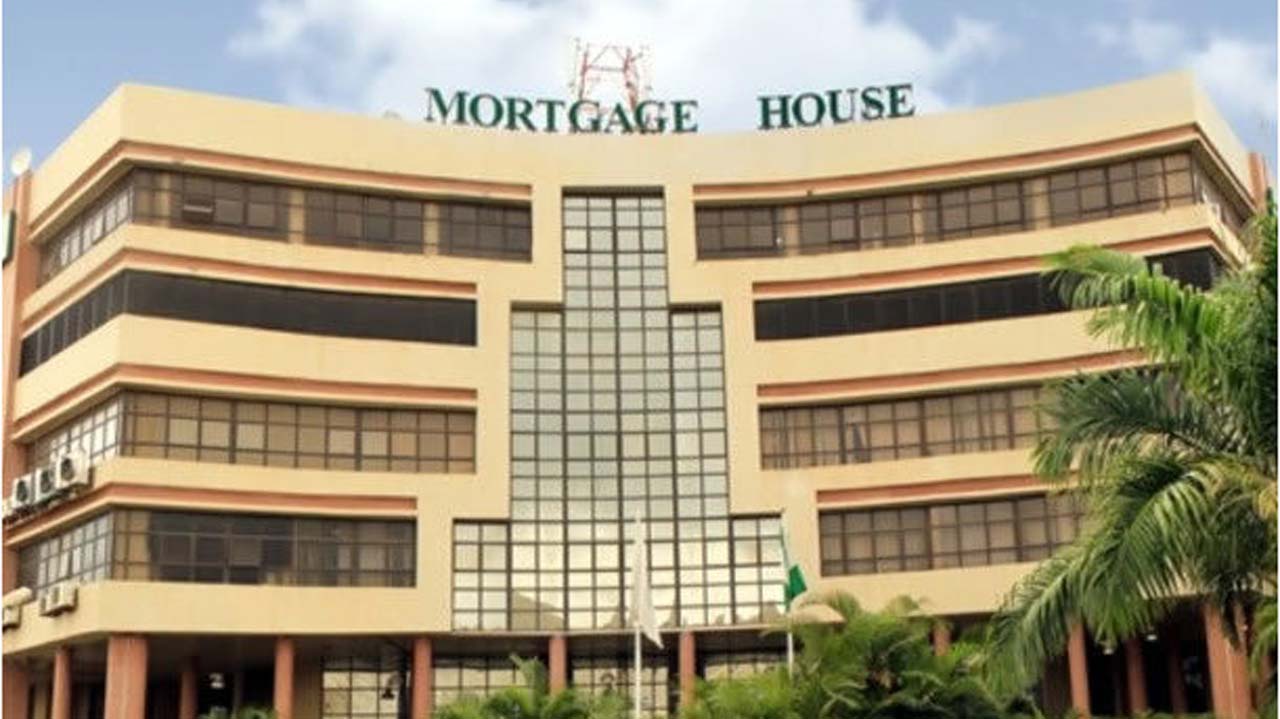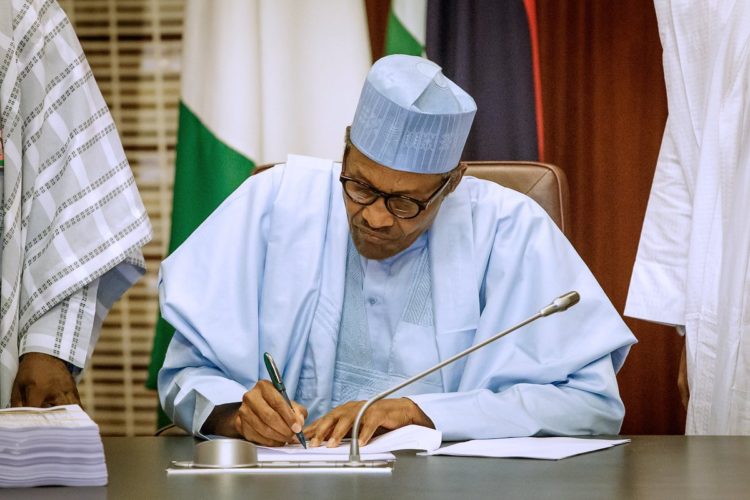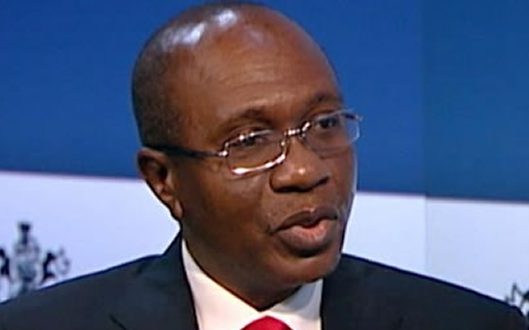The Central Bank of Nigeria (CBN), says recapitalisation of Nigerian banks is crucial to the march towards achieving a one-trillion dollar economy.
CBN’s Deputy Governor, Corporate Services, Emem Usoro, said this on Monday in Abuja, at the ongoing 36th edition of the Finance Correspondents Association of Nigeria (FICAN).
The theme of the seminar is, “Banking Recapitalisation Towards a One Trillion Dollar Economy ”.
Usoro’s address was delivered by Mrs Hakama Sidi-Ali, CBN’s, the Acting Director, Corporate Communications Department.
According to her, the global financial system and architecture have assumed a new dimension even before the new administration of Donald Trump in the United States of America.
She said that globalisation had broken the limits of financial flows , and investors have inadvertently taken full advantage of the opportunities.
“However, countries and their financial systems must be prepared to utilise opportunities created by financial globalisation through appropriate policy support and actions.
“The Nigerian banking system has also undergone reforms, including recapitalisation and consolidation exercises.
“The 2004 banking sector consolidation and recapitalisation exercise, which set a limit of N25 billion minimum capital base for banks, brought the Nigerian banks from 89 to 25,” she said.
She said that as the country worked towards building a one-trillion dollar economy, it must consider recapitalisation of its banks to be able to finance the economy and favourably compete globally with its peers.
“We should particularly pay significant attention to bank recapitalisation to ensure that our banks are strong, resilient and stable enough to carry our financial intermediation.
“Building a one-trillion dollar economy is not as easy task. It will require careful planning, robust and clear policy direction, dutiful implementation and averred commitment from stakeholders that would galvanise various sectors of the economy.
“Today, our economy is valued at approximately 25 billion dollars. As we aspire to build a trillion-dollar economy, all hands must be on deck, ” she said.




